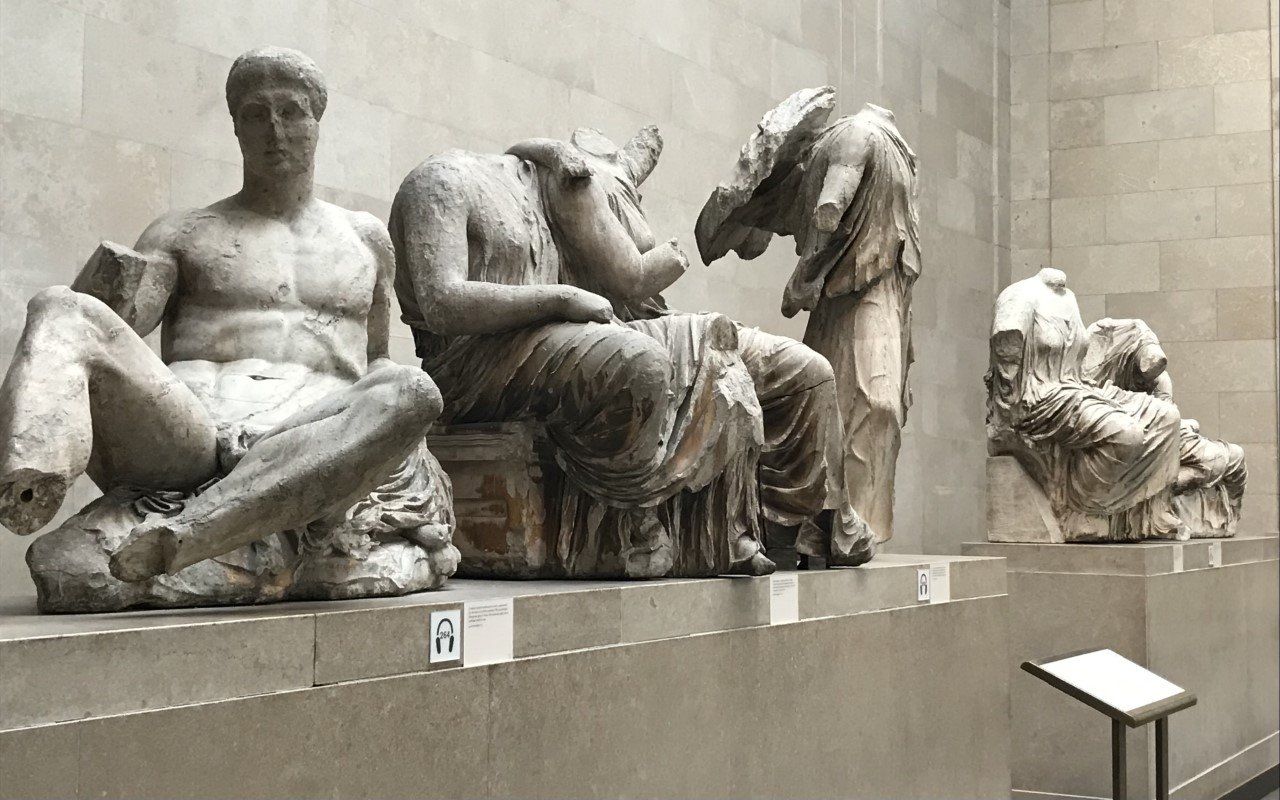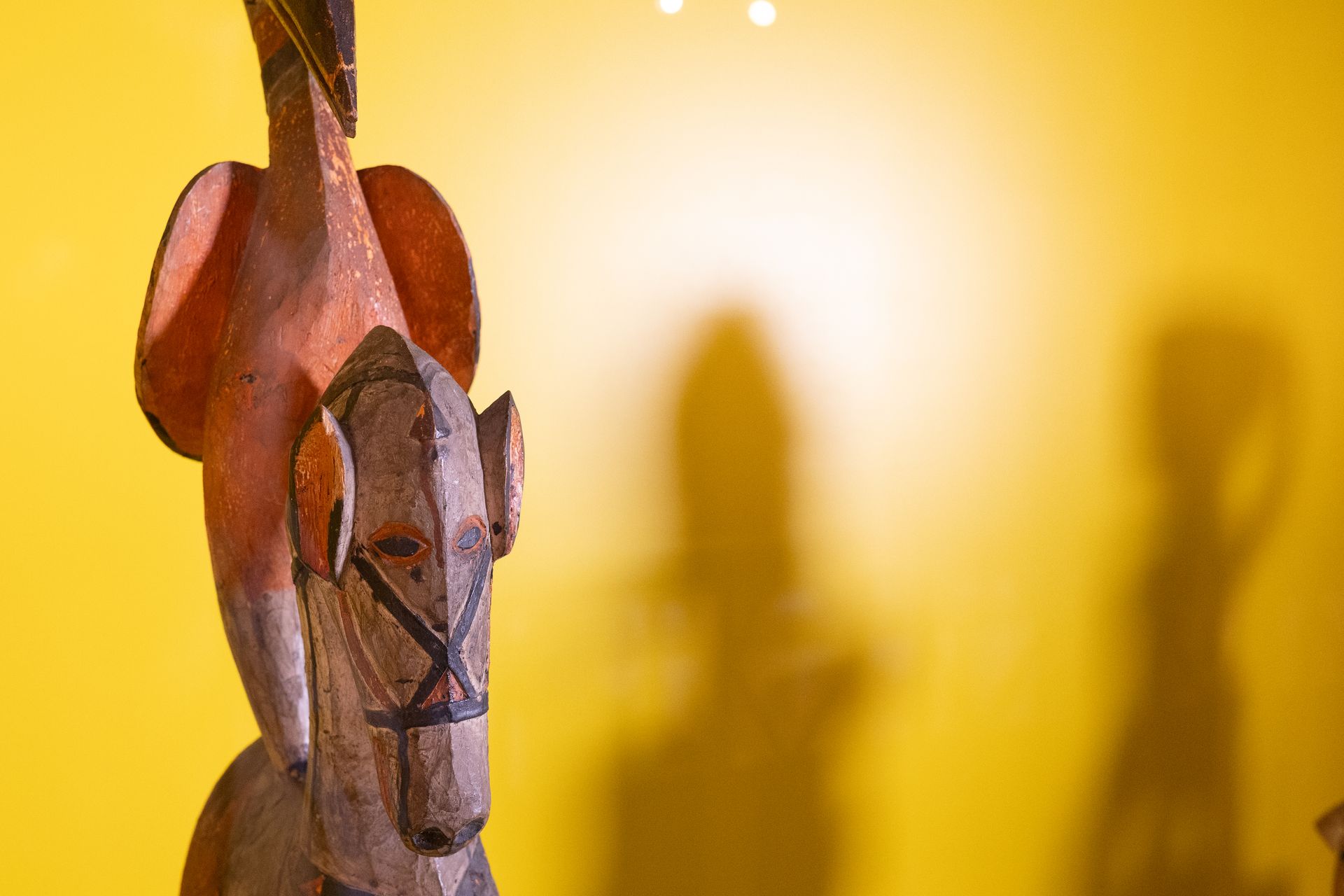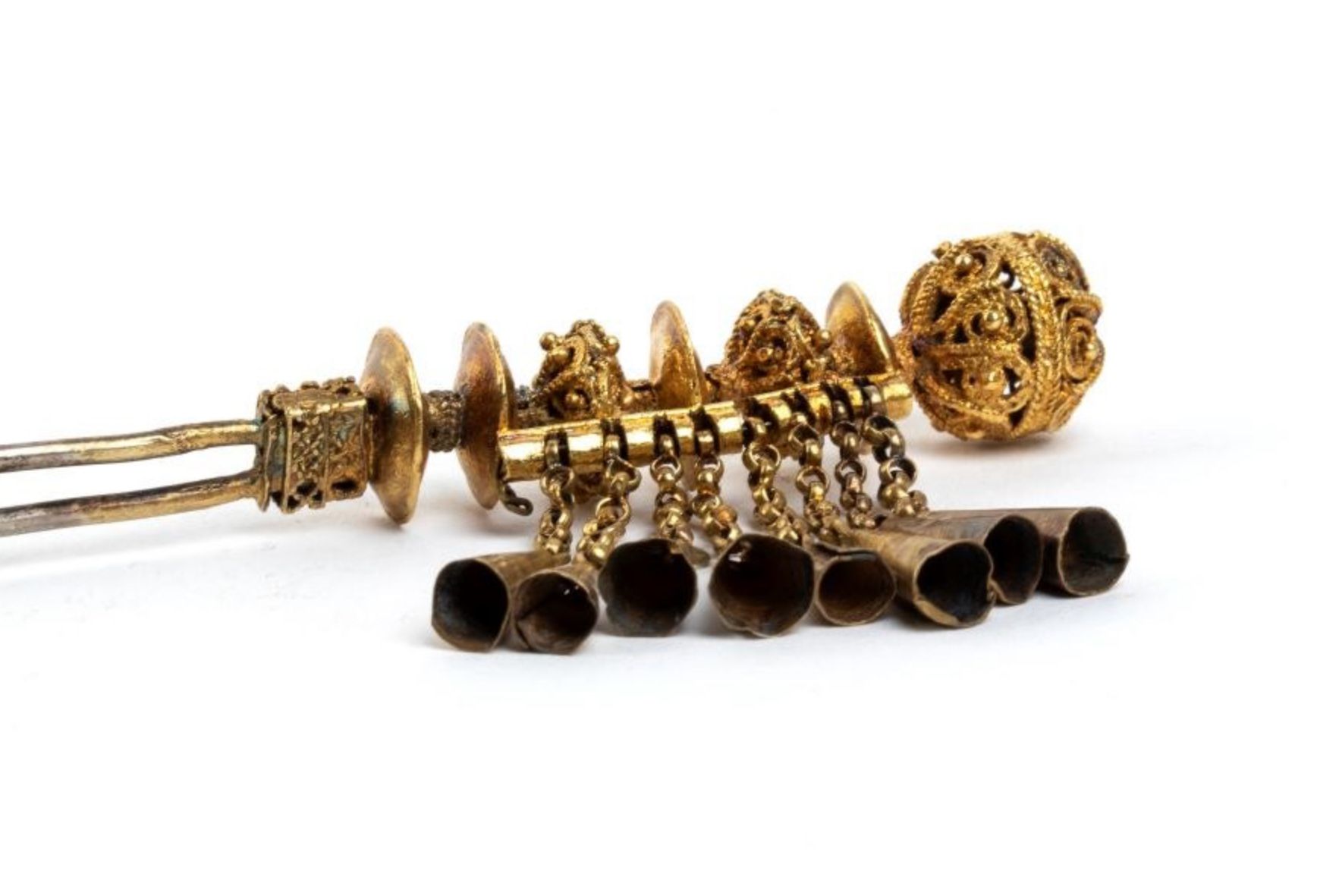Cultural Restitution
SHARE ARTICLE
Recent newspaper headlines suggest the case for returning the Parthenon Marbles is now compelling. But is there another route more likely to resolve this 200-year old dilemma?
It's hard not to see these emblematic sculptures as a fundamental part of modern Greece’s cultural identity. Even the Times, a newspaper that's given unwavering support to retaining the Marbles, has finally swung it’s opinion behind repatriation: “times and circumstances change,” its editorial on January 11th thundered. “The sculptures belong in Athens. They should now return."
But the biggest brake on progress has been the stance adopted by each nation's politicians. Ever since the early 1980s, when Melina Mercouri, Greece's dynamic former Minister for Culture, launched her country's modern-day campaign for returning the sculptures to Athens, politicians have focussed on pursuing their own national agendas. As a result, British politicians remain stubborn retentionists, insisting on their rights from legal acquisition, while Greek politicians remain fixated on transferring legal title, linking the Marbles to their painful experience under Ottoman rule.
But all the time it's the public's interests that are being ignored. That’s why Returning Heritage believes the time has come for a fairer, more pragmatic approach to this 200-year-old debate, a solution that will serve universal interests, instead of national politics. The big question is, will both sets of politicians have the stomach to accept an alternative solution?
Press excitement was fuelled this month by the announcement that a regional museum in Palermo is loaning a marble fragment, stripped from the Parthenon in the early 19th century by Lord Elgin and gifted to Robert Fagan, Britain’s consul in Sicily, to the Acropolis Museum in Athens. It's only a small fragment depicting a foot of the goddess Artemis, hardly comparable to the massive scale of the British Museum's collection of sculptures from the Acropolis. But the arrangement hints at the wider opportunities that exist for the public, students and scholars when museum collections agree to share important artefacts. The fragment will be loaned to the Acropolis Museum for a period of eight-years and, in exchange, the Antonino Salinas Museum in Palermo will receive a 5th century BC statue of Athena and an 8th century BC amphora. It's likely the loan period will be extended. It may even be made permanent.
So, if others are sharing treasures from the Parthenon, could this formula work for the British Museum's sculptures?
Although we can be confident the Museum's trustees are well aware of the growing tide of public feeling in favour of returning the Marbles, we can be equally confident they know just how important the Marbles are to the Museum's global standing and reputation. The Marbles remain one of the British Museum’s pivotal attractions and their departure would create a major hole in the nation’s patrimony. That's why the trustees are so reluctant to take responsibility for overseeing this entire collection of sculptures vanish out the door, never to appear again.
Trustee stewardship of the Museum's collection is one thing, but delivering an action outside the remit of the British Museum Act is quite another. Responding to Greece's appeal last November to recover the Marbles, Prime Minister Johnson, quite possibly as a device to shift responsibility for a decision he knows would have consequences on his own premiership, said the “matter is one for the trustees”. But this reaction displays either ignorance or dishonesty on the part of No.10. The Museum's trustees can only recommend a course of action that lies within the existing Act. Returning the Marbles would require either an amendment to this Act or the introduction of new primary legislation - neither of which is under the trustees' control. Only politicians can approve such a fundamental change, but they've no appetite to pursue it. Like other governments before them, it's easier to admit that resolving the Marbles dilemma is too far down their list of priorities.
That leaves the Museum’s trustees stuck between a rock and a hard place: return the Marbles and witness one of the Museum’s greatest treasures disappearing out of reach, or dig deep, resist repatriation and confirm everyone’s worst fears of an increasingly isolated museum, unsympathetic to change and clinging on to unsettling imperial narratives.
Both Government and Museum appear to find it easier to keep their heads stuck in the sand. This hasn't been difficult. The British Museum Act clearly legislates against almost any act of repatriation; doing nothing is the 'official' line when challenged to return the Marbles. In a set of recently declassified government papers, the former British ambassador David Miers reported to a Conservative minister of arts on a visit to Athens in 1991:
“This is an issue on which we can never win: the best we can do is to keep our heads down as far as possible and avoid using defensive arguments here in Greece which will sound hollow in Greek ears”.
Official advice received thirty years ago sounds all too familiar today.
We believe keeping the issue of title (who really 'owns' the Marbles?) at the forefront of this debate is the principal reason why the issue has never been resolved. It's the sheer scale, multitude and complexity of legal arguments, both for and against the return of the Marbles, that has proved too overwhelming for lawyers or politicians to resolve*. Which means, if the debate continues to focus on title, the debate will remain insoluble.... and the wider public will continue to be the losers.
So, if the current British Museum Act prevents the Museum from returning the Marbles, if the Government has no appetite to introduce a new Act of Parliament and if no international legal case exists to force the British Government to cede its ownership, what steps can be taken to address the growing universal clamour for their repatriation?
The wider public's interests have been ignored for too long. We believe both museums should now work towards introducing a programme of rotating long-term loans of sculptures between London and Athens. If, as the British Museum maintains, the sculptures from the Parthenon really are of universal significance, why should they not be shared between the two collections?
The British Museum already accepts the principle of long-term loans. Their website makes it clear they are “wholeheartedly committed to respectful collaboration worldwide, to sharing and lending the collection, and working in partnership for the benefit of the widest possible audience”. The loan of a Potlatch mask to the Canadian west coast nation of the Kwakwaka'wakw people, for example, is just one initiative confirming the Museum's willingness to enter into long-term loan arrangements. There’s even a precedent for the British Museum loaning one of its sculptures from the Parthenon. In 2014 a statue of the river god Ilissos was loaned to the Hermitage Museum in St Petersburg. To the Greek authorities, this gave truth to their belief the British Museum's collection of Marbles is not immovable.

Original sculptures from the West Pediment of the Parthenon, British Museum
However, if loaning objects is an accepted practice for the Museum, why hasn’t Greece made a request to borrow the Parthenon Marbles before (the Museum’s website explains that no formal loan request has been received from Greece)?
The answer lies in section 2.4 of the British Museum's Loan Policy. This requires the borrower to guarantee that objects loaned will be returned to the Museum at the end of the loan period. The borrower is also required to provide an assurance of immunity from judicial seizure. Greece continues to maintain that nothing less than a complete transfer of ownership will satisfy their requirements - which effectively means this condition could never be met. And for its part, the British Museum would never take the risk of loaning the sculptures if they face the prospect they'll never be returned. The two sides will remain at permanent loggerheads..... unless the British Museum is prepared to remove these contentious loan conditions and the Greek Government is prepared to set aside its demand for complete ownership.
Instead, we believe the two museums should talk about developing a mutual strategy for sharing the Marbles - a programme based on long-term, rotating loans. This is a fair and equitable solution, but how would it work?
The Acropolis Museum would be loaned a selection of original works from the British Museum's collection in temporary place of the casts they now have on display. Loans would be rotated between the two venues after an agreed period of time, so visitors to Athens can enjoy an ever-changing and expanded display of sculptures from the original temple site. The agreement must also include loans of major works from Greece to the British Museum, an idea proposed at last November's visit to Boris Johnson by Greek Prime Minister Kyriakos Mitsotakis. This would provide visitors to the British Museum with an incentive to keep returning and enjoy rotating treasures from major Greek collections. The solution makes particular sense for the British Museum in the shorter-term as major work is needed to water-proof its major gallery spaces. The Classical galleries displaying the Parthenon Marbles were closed throughout 2021 due to a leaking roof!
Another important element of this solution is that it does not require any amendment to the British Museum Act, only changes to the Museum’s Loan Policy. These can be agreed by the trustees without formal approval from Government.
Our solution does require Greek and British politicians to take a deep breath and agree to waive their 200-year old battle over title. Could politicians on both sides stomach this? For objects of such universal importance, we need to encourage them to do just that. Once and for all, it's time for politicians to step back and for common sense, fairness and the public's interests to supplant national politics.
* Katerina Ampela has written a good
summary
of the legal stand-off in her recent article
The Parthenon Marbles and Greek Cultural Heritage Law
(www.culturalheritagelaw.org)
After this was written......
An article that appeared in the Greek newspaper Ta Nea on 12 February 2022 suggests the British Museum has made a "massive shift" in policy regarding loaning the Parthenon Marbles. They base this view on a statement from a Museum spokesperson replacing the word 'precondition' before any loan could be agreed with the word 'normally'. This apparent softening of the Museum's stance has encouraged Ta Nea to suggest the question of loans might be within sight. However, before we can be certain of a shift in Museum policy, we need to be clear whether the Museum's trustees share this view. That is certainly not clear from the article published by Ta Nea.
Photo: Sculpture casts from the West Pediment, Parthenon (Acropolis Museum, Athens)
Courtesy of Anna Oikonomou
More News



